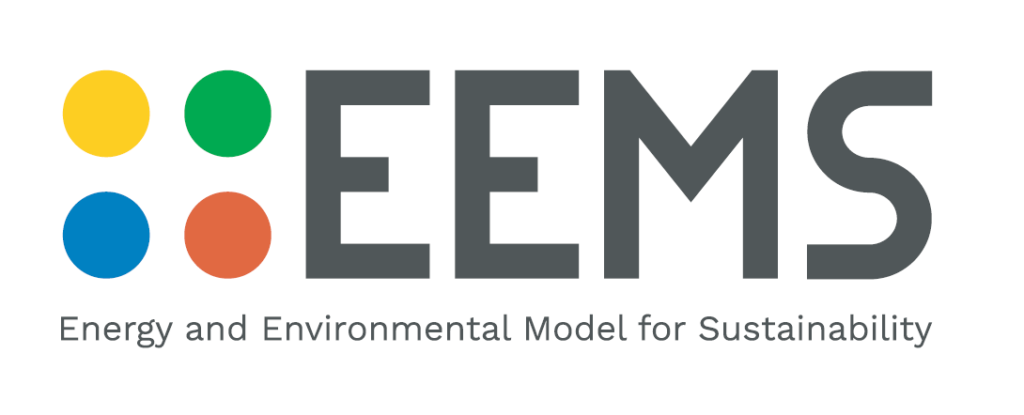Welcome to the third edition of Temperature Check, Portland’s COP newsletter.
As 11 days of negotiations in Baku, Azerbaijan enter the final straight, we’re focused on the disagreements and disappointment around the draft agreement that’s now circulating. We’ll also shine a spotlight on Africa at COP29, with many African leaders and negotiators underlining the need for urgent action – and more climate financing.
Africa turns up the heat on climate justice
As discussions build to a crescendo (or perhaps a collapse) in Baku, Africa has positioned itself at the forefront of the climate-justice conversation. Developing countries need an estimated $1.3 trillion annually by 2030 to fund their green energy transition and address climate adaptation, mitigation, and resilience priorities. However, the current draft text simply contains a placeholder for the financial target – sure to be a source of intense negotiation in the final hours of the summit. The Director of Power Shift Africa, Mohamed Adow, was amongst the African attendees to criticize the lack of a clear financial target, noting that ‘This is the ‘finance COP’”. “We came here to talk about money,” he said. “The way you measure money is with numbers. We need a cheque, but all we have right now is a blank piece of paper.”
Also leading the charge is Ali Mohamed, Chairperson of the African Group of Negotiators (AGN) and Kenya’s Special Envoy for Climate Change. Under his leadership, the AGN has called for “equitable and reliable” climate finance to support African nations in their fight against climate change. Despite a decade of unfulfilled pledges, including the $100 billion annual commitment from developed countries promised in 2009 but only reached in 2022, African leaders are insisting on action beyond promises. The slow progress towards the $100 billion annual climate finance commitment, and the hazy promises under discussion at COP29, highlight a persistent failure to deliver adequate resources for vulnerable countries, despite decades of pledges. The AGN has also rejected suggestions in the draft text that lean heavily on private finance, arguing instead that the world’s rich nations must live up to their direct public finance contributions as a priority.
As negotiations continue, pressure is mounting on developed nations to step up. If they don’t and there’s either no clear commitment of finance or one that falls far short of needs, this year’s are likely to be seen as a failure, especially for African countries most threatened by climate change. Professor Isaac Kalonda, a negotiator from the Democratic Republic of Congo, summed up the frustration of many African states when he said: “The Global North should pay for their damages. We are tired of playing games. They need to pay for their climate catastrophes, and it should be based on our needs.”
Despite the evident frustration, African delegations and initiatives are making their mark in Baku. The theme of COP’s Africa Day was “Scaling up Financing for Climate Adaptation and Green Growth in Africa”, with leaders including the Executive Secretary of the United Nations Economic Commission for Africa (UNECA), Claver Gatete, calling for a New Collective Quantified Goal “based on real needs” and including $1.3 trillion annually for the continent.
Other African leaders echoed the call for financing but highlighted other areas for improvement, including clean cooking. Tanzanian Vice President Philip Mpango pointed to the impact of a lack of clean cooking fuels on women’s health, as well as the environmental damage caused by burning traditional fuels. The purchase of huge tracts of land across Africa in carbon offsetting deals has also continued to attract criticism, with African Development Bank President Akinwumi Adesina denouncing what he called a ‘carbon grab’ and calling for Africa to be properly compensated for its extensive green assets.
Draft agreements draw criticism and dismay
As COP29 enters its final day, many critical points remain to be hammered out before an agreement is reached. EU Climate Commissioner Wopke Hoekstra strongly criticized the draft text, calling for more ambition and dismissing drafts circulating so far as imbalanced and unworkable. Others have also slammed the draft text, with Australian environment minister Chris Bowen calling it “unacceptable” and Panamanian climate envoy Juan Carlos Monterrey Gomez describing the lack of clear financing figure as a “slap in the face of the most vulnerable” and accusing developed countries of “playing with our lives”.
In addition to raised eyebrows over the use of an ‘X’ placeholder for the financing commitment – rather than the more ambitious number the ‘Finance COP’ had promised to deliver – concerns are rising that the Saudi-led Arab Group and Like-Minded Developing Countries blocs are looking to stymie further promises on transitioning away from fossil fuels. The inclusion of a transition away from fossil fuels was a critical achievement of COP28. The omission of similar language from draft texts in (oil and gas producing) Azerbaijan has caused widespread dismay, but many developed and developing countries alike are pushing to add it to the final agreement as the summit enters its final hours.
What’s next?
Next week we’ll share a reflection on COP29 with the summit in the rearview mirror, including what has and hasn’t been achieved on climate finance and what’s next up on the global climate agenda.
Sign up for Temperature Check here to follow along with us over the next several weeks.
In the headlines
- African Arguments, “The worst first week of a COP”: Frustrations rise as week two begins, 18.11
- Africanews, COP29: Delegates renegotiate new compensation for developing nations,11
- DW, COP29: Renewables boom, but countries cling to fossil fuels, 20.11
- The Guardian, COP29 climate finance deal hits fresh setback as deadline looms, 21.11
- Reuters, Climate funding divisions laid bare as COP29 deadline looms, 21.11
- Business Green, ‘The fight is on’: New COP29 negotiating texts reveal deep divisions over climate finance, 21.11





